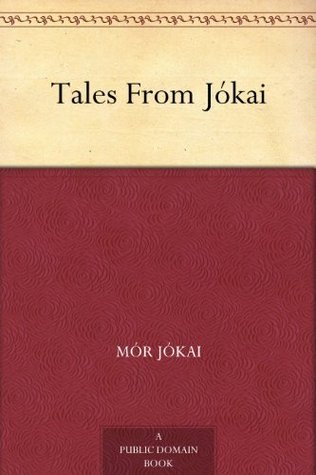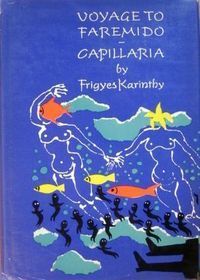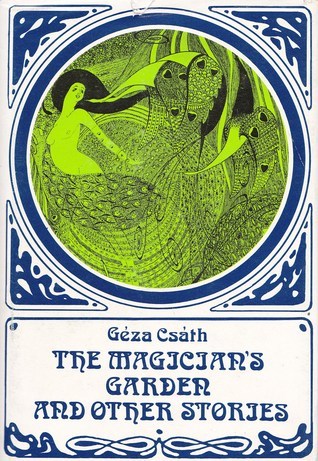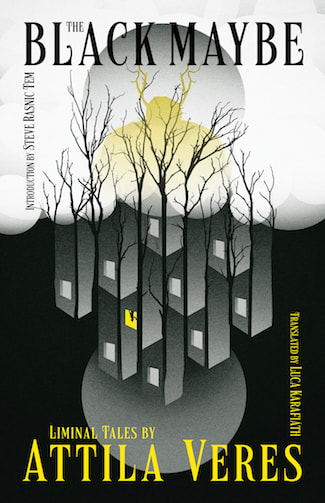
Tales from Jókai by Mor Jókai, translated by R. Nisbet Bain (Jarrold & Sons, 1904)
Mixed collection of nine stories plus a biography of Jokai by Bain. Includes the novella “City of the Beast” (1856), a gaudy and highly dramatic account of the end of Atlantis; and three graphic contes cruels: “The Justice of Soliman” (1858), “The Sheriff of Caschau” (1858), and the bizarre tale of “The Hostile Skulls” (1879).

Voyage to Faremido and Capillaria (1916) by Frigyes Karinthy, translated by Paul Tabori (Corvina Press, 1965)
In Voyage, Gulliver is plucked from a WWI fighter plane and finds himself on a planet filled with sentient organic life forms that view humans as parasites, while Faremido takes up the age-old conflicts between the sexes. In both texts, Karinthy explored the same themes: “the utter inadequacy of Man, the futility of all our endeavors, the ridiculous pretense that we are sentient beings capable of progress” (intro by translator Paul Tabori)

The Magician’s Garden and Other Stories (1908) by Géza Csáth, translated by Jascha Kessler and Charlotte Rogers (Columbia UP, 1980)
The Magician’s Garden offers a selection of stories ranging from impressionistic, metaphoric, and even surreal pieces to straightforward naturalism. An entire world and time is implicit in this group of twenty-four of his best stories.

The Black Maybe: Liminal Tales by Attila Veres, translated by Luca Karafiáth (Valancourt Books, 2022)
This volume collects ten of his best tales in English for the first time, ranging from weird fiction like ‘In the Snow, Sleeping’, in which a couple’s vacation to a health spa erodes into a surreal nightmare, to folk horror like ‘Return to the Midnight School’, in which the things that emerge from the soil in one rural farming community are bizarre and horrific, to Lovecraft-inspired tales like ‘Multiplied by Zero’, written as a wry travelogue in which a man sets out on a deadly holiday tour to explore Lovecraftian landscapes. And in the title story ‘The Black Maybe’, which Steve Rasnic Tem calls ‘one of the weirdest tales I’ve read in years’, a girl and her family escape the bustling city to experience farm life, only to discover with unimaginable horror the truth of what is really being harvested there.
